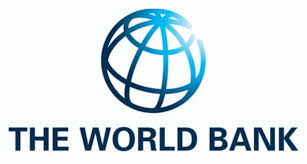The World Bank Group is a key development partner in the Western Balkans, supports the European Union accession path of the Western Balkans and helps them to address their main development constraints.
The World Bank Group programme is anchored in the findings of the Systematic Country Diagnostic, completed to date in all six economies, and supports reforms in the following main areas:
- macro, fiscal, and financial sustainability,
- governance, institutions and public sector reform,
- business environment, private sector development and competitiveness,
- jobs, and disincentives and barriers to work,
- regional cooperation and connectivity, and
- climate change and resilience.
Trust funds are an important part of the World Bank’s Program in the Western Balkans, with the European Union being by far the most prominent donor (other partners include e.g. the Austrian Government, the Danish International Development Agency (DANIDA), the Global Environment Facility (GEF), and the Swedish International Development Agency (SIDA)).
The World Bank contributes to informed policy making in Western Balkans by delivering several important regional knowledge products (Advisory Services and Analytics) and regional lending operations addressing cross-country priorities and issues relevant for the EU aspirations.
The World Bank is working with each of the Western Balkan economies through policy advice and lending programs in several areas: trade, infrastructure, transboundary water management, digital economy, and mobility of people.
The World Bank regularly publishes about the region, e.g.
- The Economic Effects of Market Integration in the Western Balkans
- Western Balkans Regular Economic Report
- Digital Highways
and implements a variety of projects, e.g.

